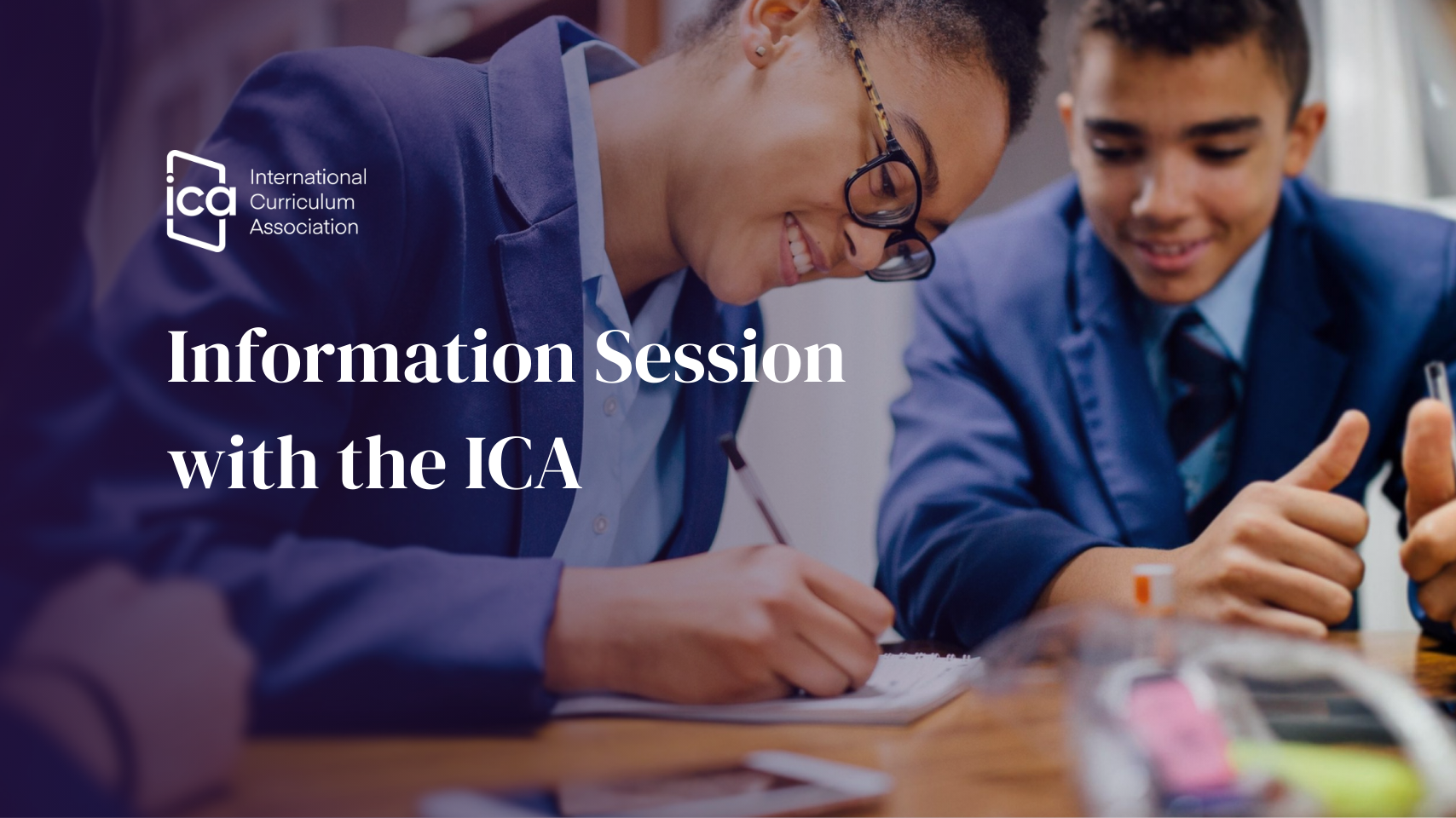We have all read and digested more information on COVID in the last two years than we could ever have imagined. Two years ago, we didn't know that by 2022 we would all be experts in epidemiology, mental health, online pedagogy, and government pandemic policy design. Yet here we are.
I viewed the pandemic through different lenses: as a parent of two teenagers, as an educational consultant with a business that thrived on in-person activity and finally, as a Head of School. My educational consultancy business thrived at first with online professional development and consultancy, but it left me feeling bereft of human contact and work just wasn’t enjoyable.
Hence, finding schoolwork and experiencing the last six months in India as a Head of School. Funnily enough, the lens that gives me the greatest insight is that of a parent. As a home-based consultant I saw, heard, and felt what they were going through. One child loved being able to work quietly without classroom distraction and without being dressed. The other hated it, was totally lacking in motivation and his mental health was hard hit and his self-confidence evaporated.
Schools have reacted and adapted with astonishing pace, but it has taken a toll on school leaders, teachers, students, and parents. I know that many papers say that ‘learning loss’ is a myth and that students learned other things and there was no loss as such. Many students thrived, enjoying independence, studying at their own pace, and having no travel pressures.
However, the majority I would contend suffered. They learned less, they missed the social experience of learning and they missed out on the wonderful relationships in schools that support learning. I see primary children that have missed two years of writing practice as parents have hovered over their shoulders ensuring all work is completed, we see students struggling to negotiate over space and resources and students who simply missed fundamental concepts whilst being distracted by ‘other devices’.
As the world responds to changing variants and differing rates of vaccinations, we are looking at a future of in/out decisions and online/offline learning that will be the norm rather than the online or offline version. I spoke to members of the student council at Sreenidhi International School in Hyderabad, India, which is where I now enjoy daily human interactions! Having seen my own children in the UK battling with the online learning component of COVID I wondered what the Sreenidhi students thought of it, and what we should take with us in the future, because it wasn’t all bad was it? I asked the students a range of questions thinking about experience and future potential.
If you could give advice to a teacher regarding online teaching, what would that be?
Present something visual on the screen as they teach
Include more activities in each class that is separate from the normal teaching
Teach using resources that can be accessed online
Always record the lessons
Do you think learning online should follow the same schedule as when you’re in school?
I believe that modifying the schedule to have fewer lessons would be the better option when thinking about screen time. It is not good for students to be spending long hours on their electronics.
On returning from online learning to the school environment, what is important? More focus on socializing? Cramming missed content?
I think there should be a balance. Giving students this time to socialize will give them more energy to pay attention in class because they know they have time to talk to their friends.
What elements of online learning worked well?
I think that online classes should continue to remain an option even though students are coming back to campus. If a student is sick and cannot attend school, but does not want to miss the content, being able to join online would be so convenient. This would push for less absences and more learning.
What can the school do to better support your learning in the aftermath of a long time away from physical school?
Coming back to school after a long time of being online is exciting for some, but stressful for others. I think the best way to support students is to provide a variety of hands-on activities. Another suggestion would be to have small slots where students can meet with teachers one-on-one after school. The biggest loss for me with online school is not being able to go to teachers and talk to them, whether it is about my grades or a doubt I have about the topics.

.png)
